20 GPTs for Data Governance Powered by AI for Free of 2026
AI GPTs for Data Governance are advanced computational models, specifically Generative Pre-trained Transformers, tailored to address tasks and topics within the realm of data governance. These tools leverage the power of AI to automate, optimize, and enhance various aspects of managing, securing, and utilizing data in an organization. They are designed to support data governance frameworks by providing insights, ensuring compliance with regulations, and facilitating decision-making processes. The relevance of GPTs in this context lies in their ability to process and understand vast amounts of data, making them an invaluable asset for developing solutions that are both efficient and effective in managing an organization's data landscape.
Top 10 GPTs for Data Governance are: Power BI Pro,Azure Purview Expert,Chief Data Officer,Azure Data Maestro,EU AI Act Compliance Checker,Data Architecture Advisor,数据资产入表和估值助手,FörvaltningsGPT,IT, AI Consulting Firm,DataQualityGuardian
Power BI Pro
Empower decisions with AI-driven insights
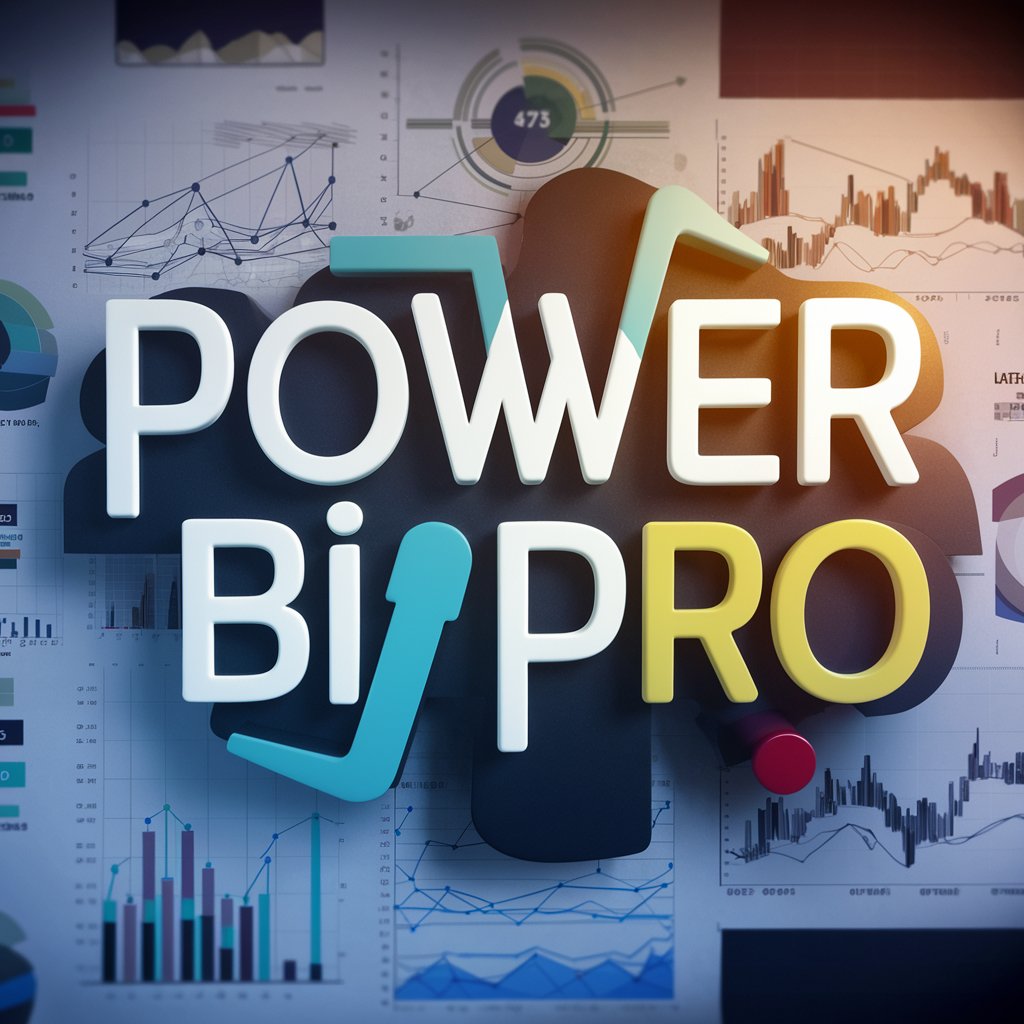
Azure Purview Expert
Harness AI for smarter data governance

Chief Data Officer
Elevate Data Management with AI
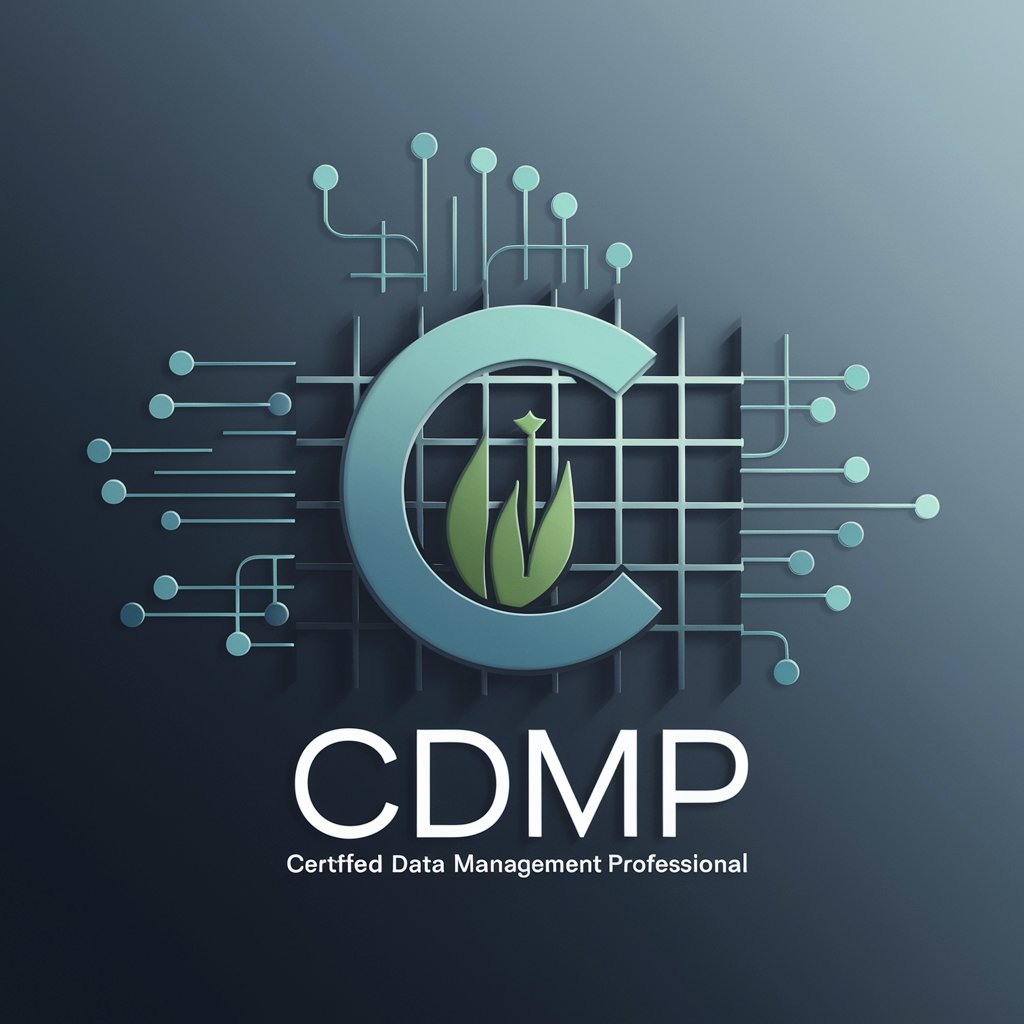
Azure Data Maestro
Empowering decisions with AI-driven insights
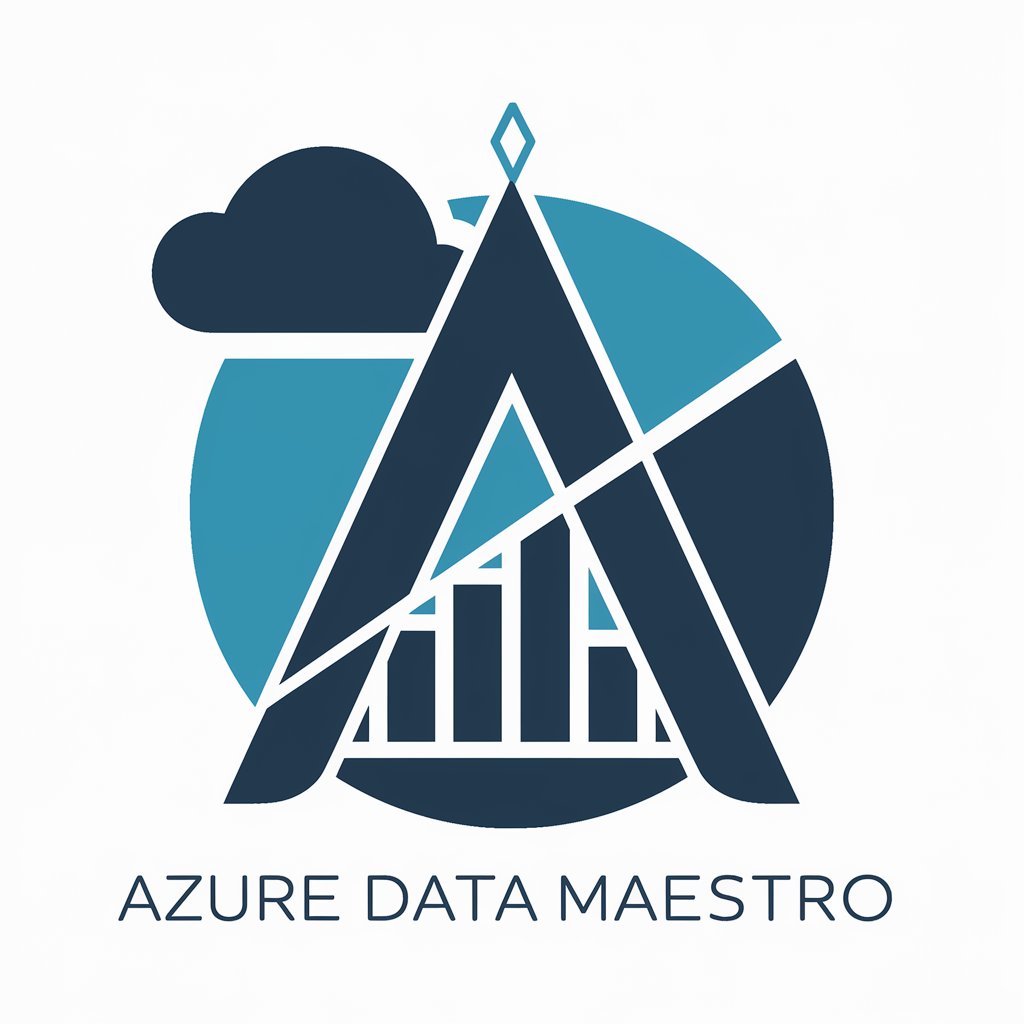
EU AI Act Compliance Checker
Navigating AI Compliance Effortlessly

Data Architecture Advisor
Optimizing Data Systems with AI
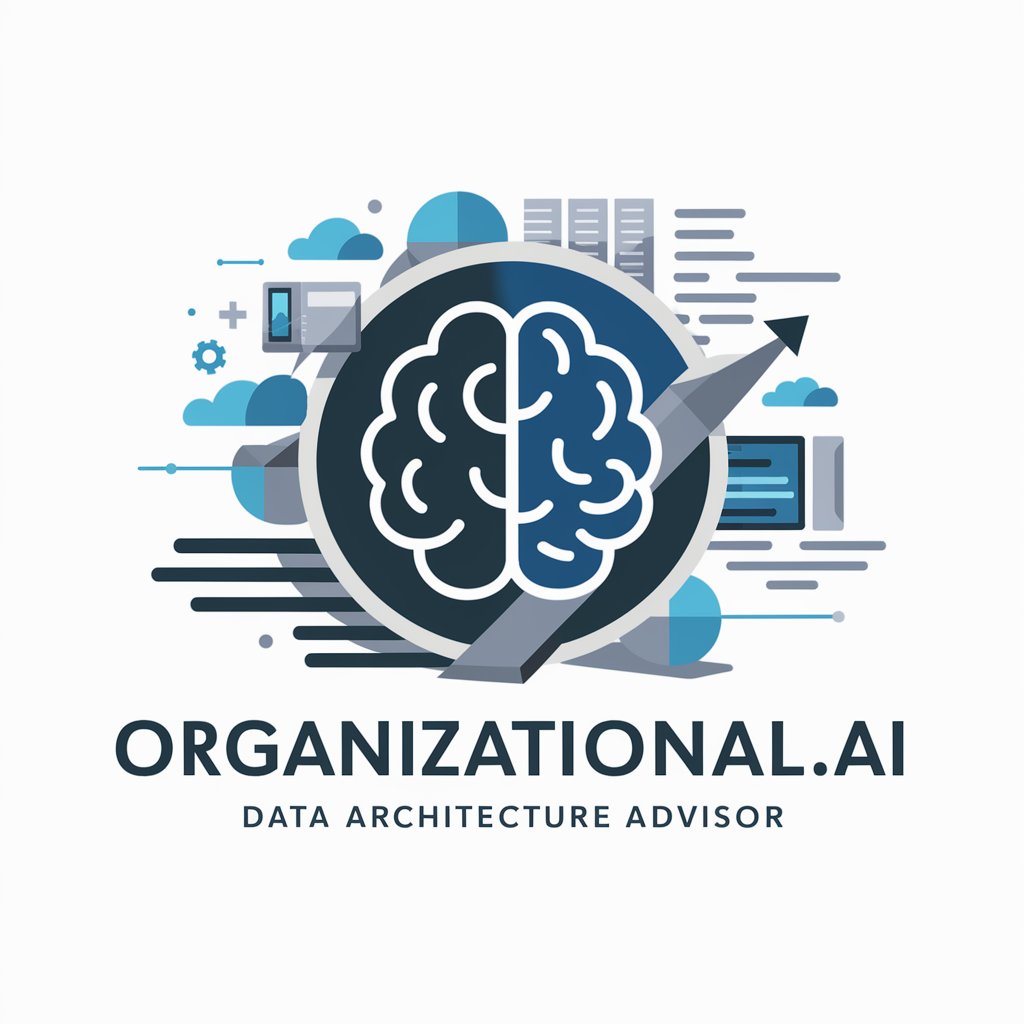
数据资产入表和估值助手
Empowering Data Valuation with AI
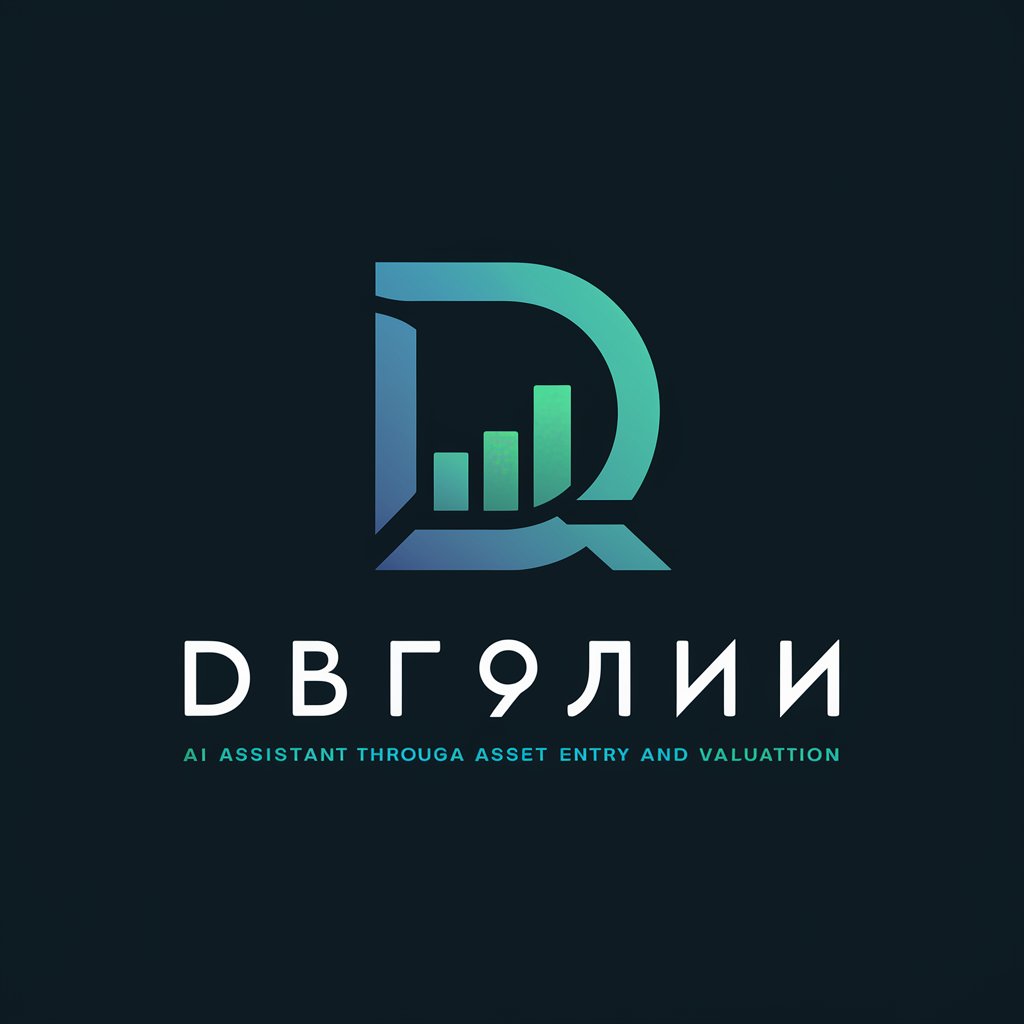
FörvaltningsGPT
Empowering Swedish Governance with AI Expertise

IT, AI Consulting Firm
Empowering IT with AI Intelligence

DataQualityGuardian
Elevate data integrity with AI power
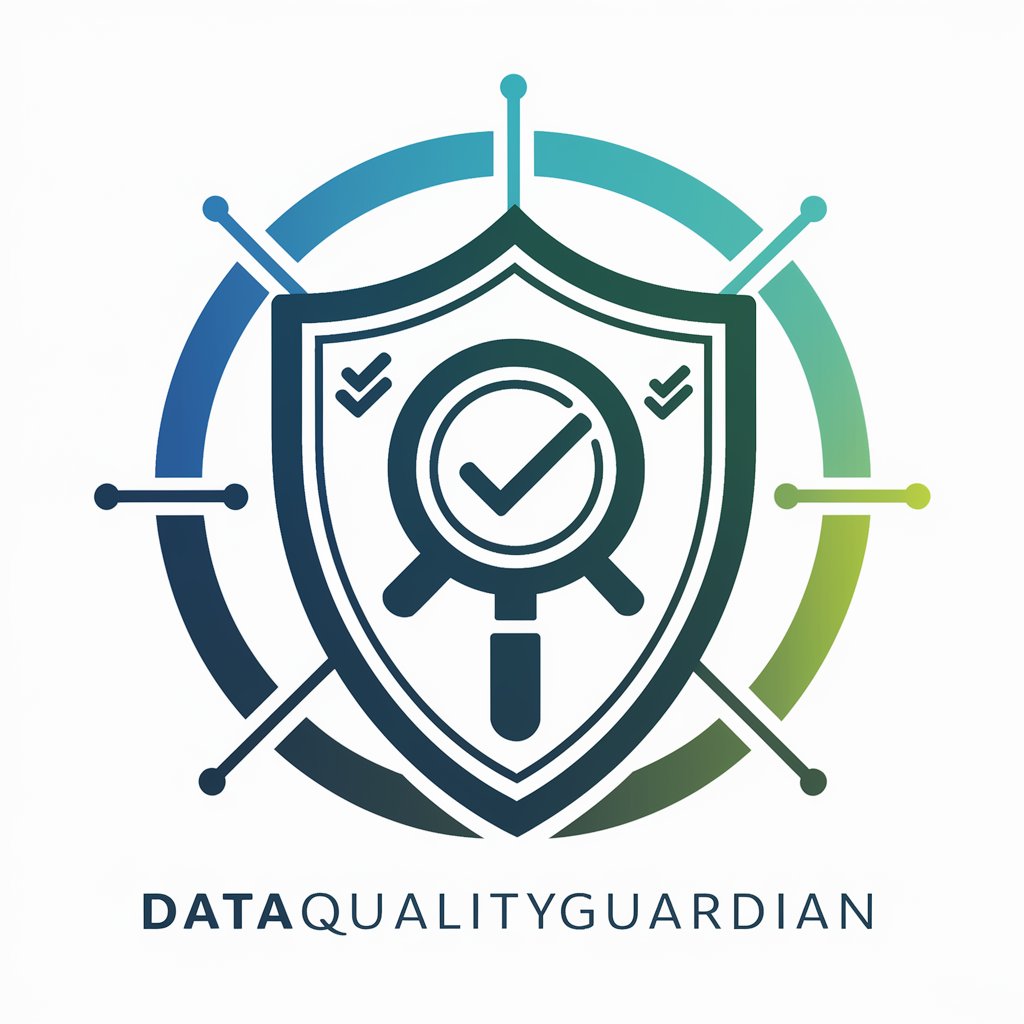
AI in the Enterprise
Empowering Enterprises with AI
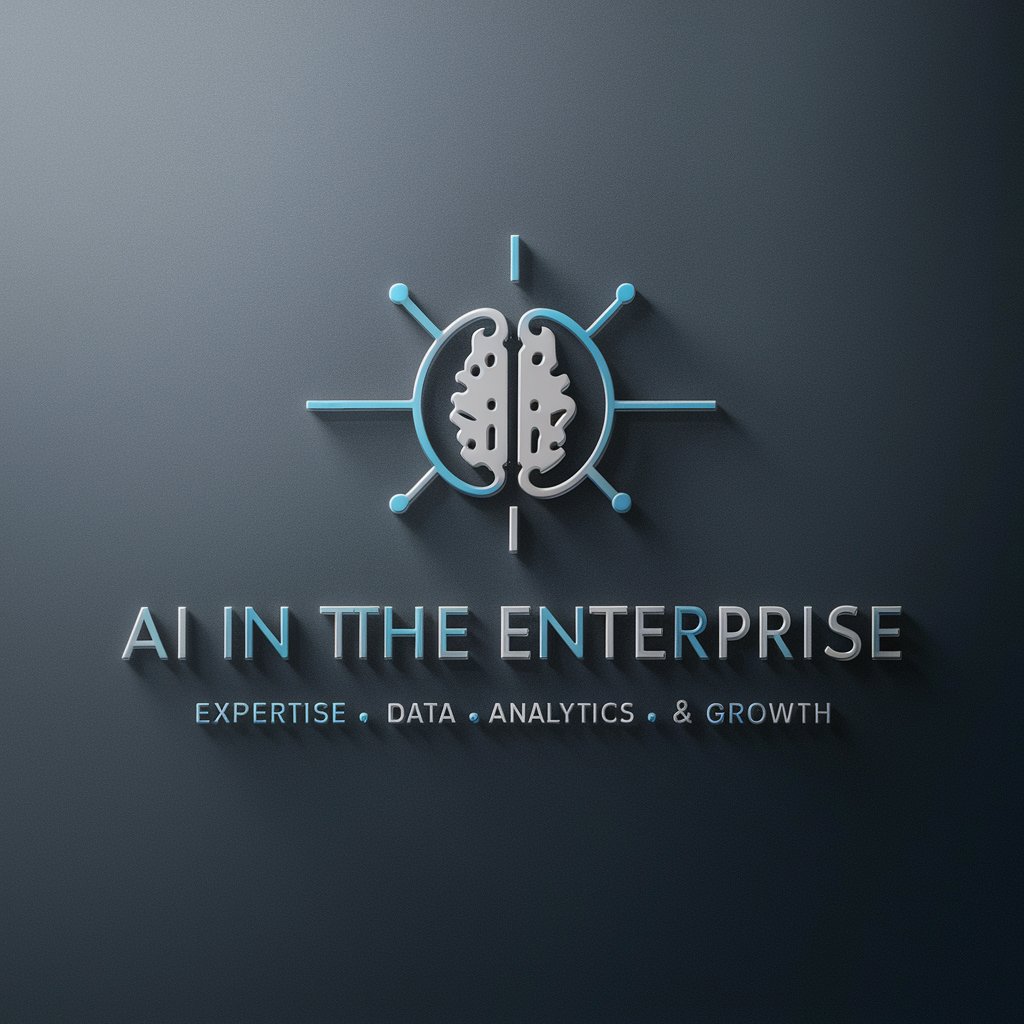
Analytics Ace
Empower Your Data with AI
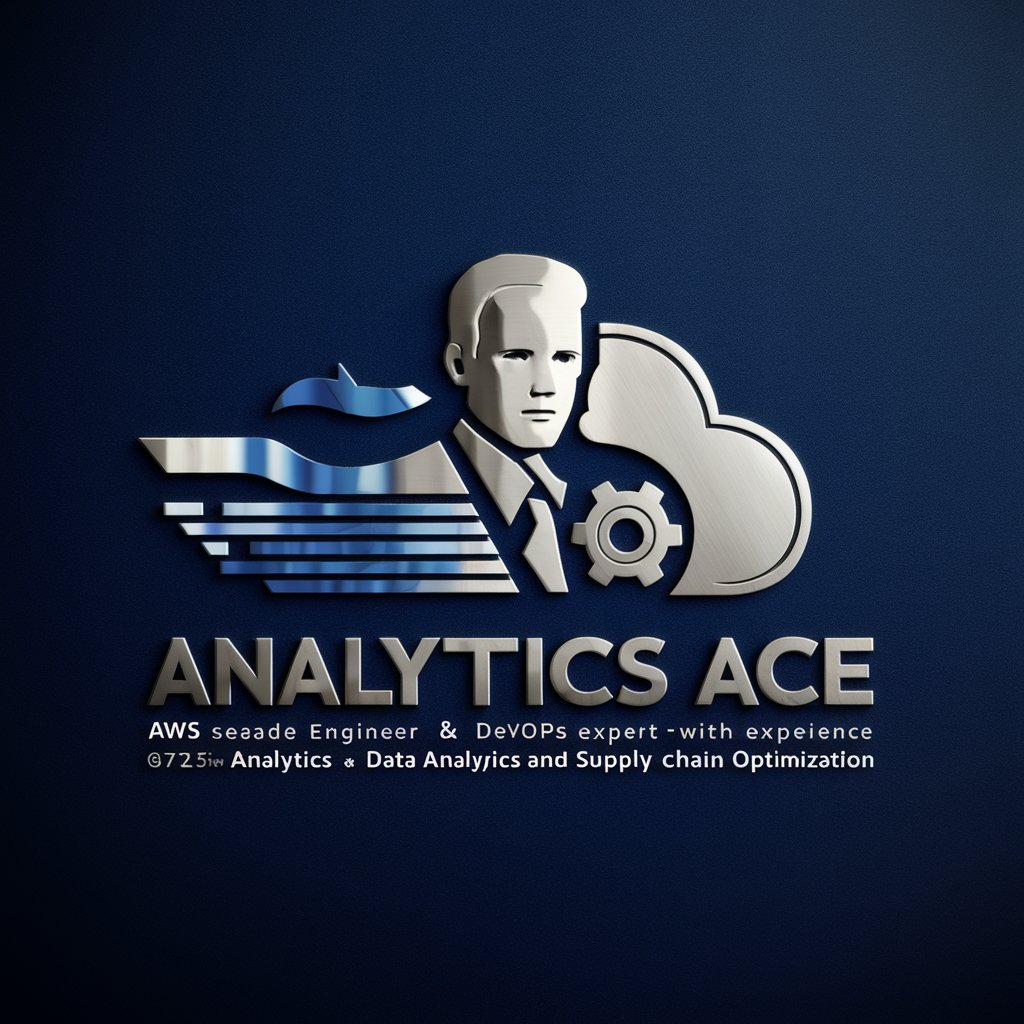
Gov Dados br
AI-Powered Brazilian Data Governance Guide
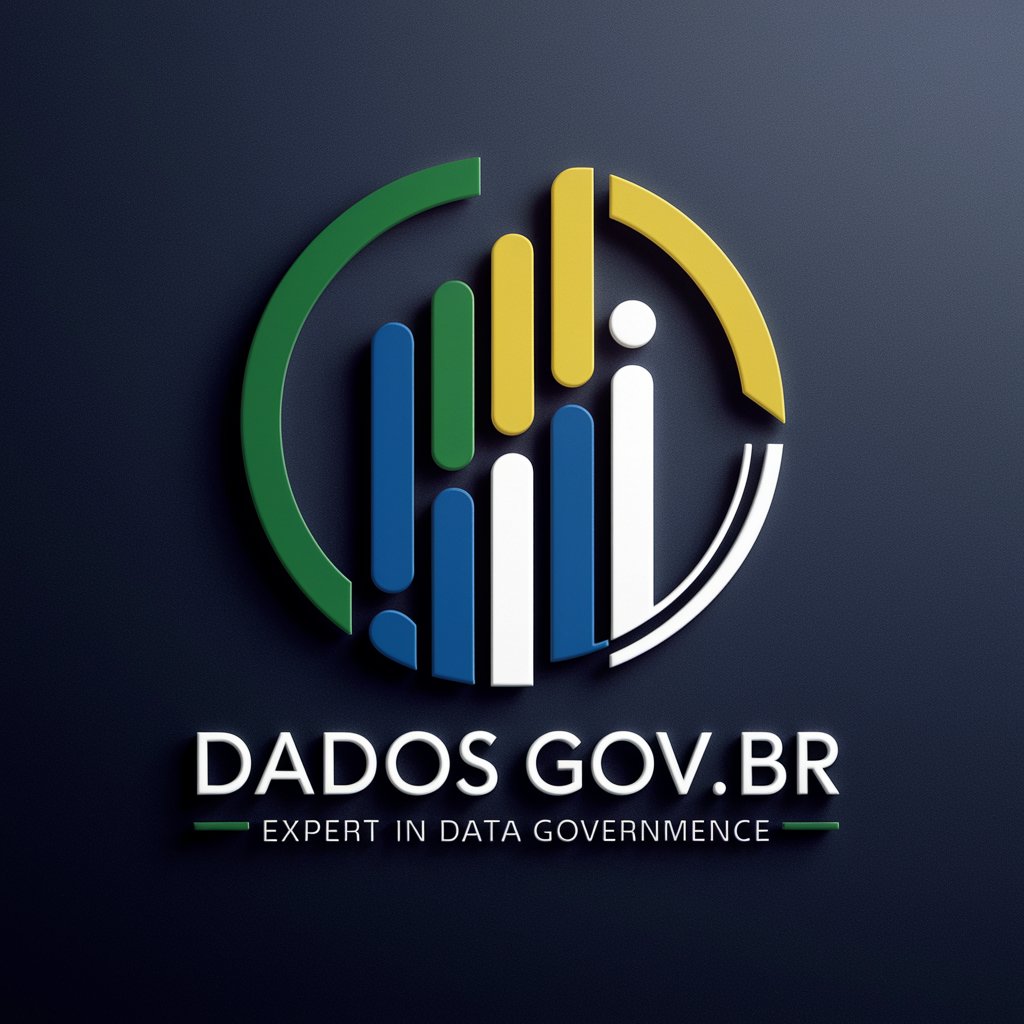
Strategic Data Advisor
Expert data strategy at your fingertips.
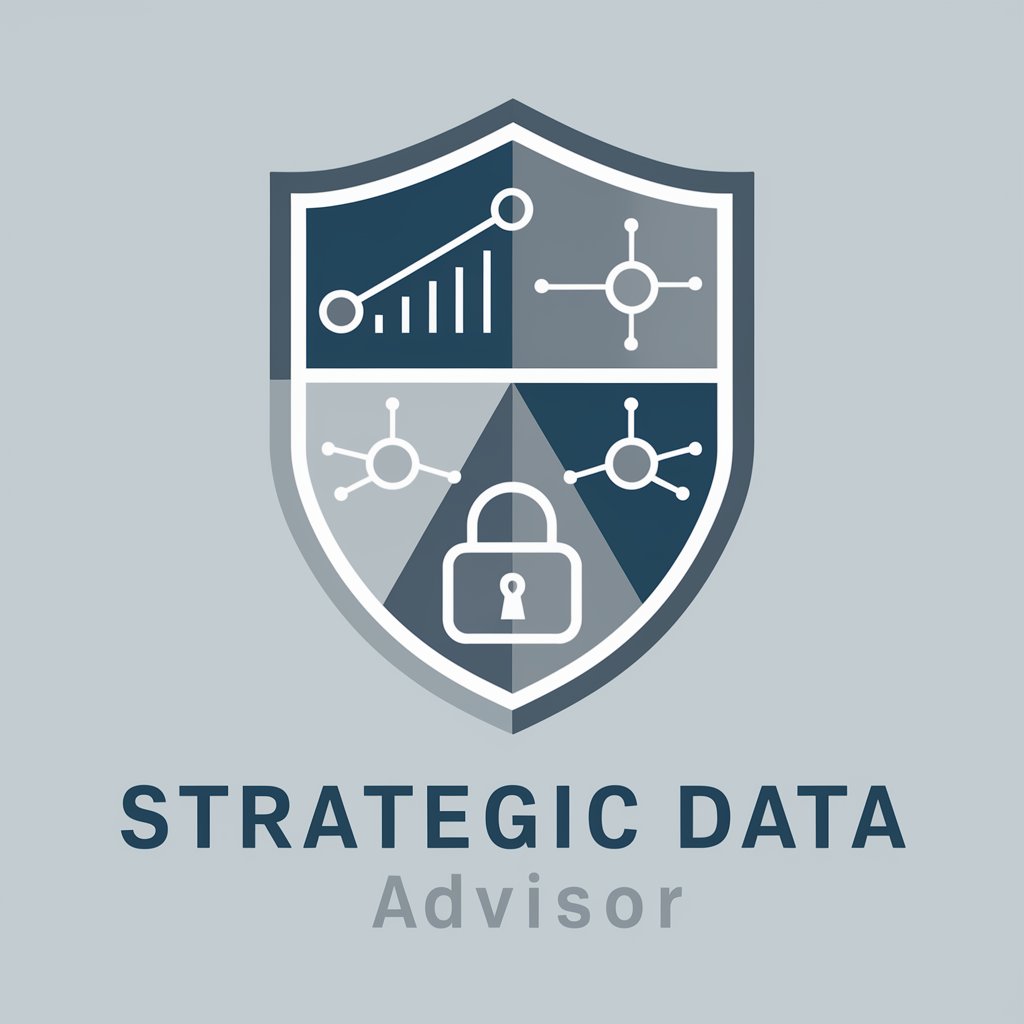
EU AI Act
Navigate AI Compliance with Ease

Project Pathfinder
Empowering Agile Projects with AI
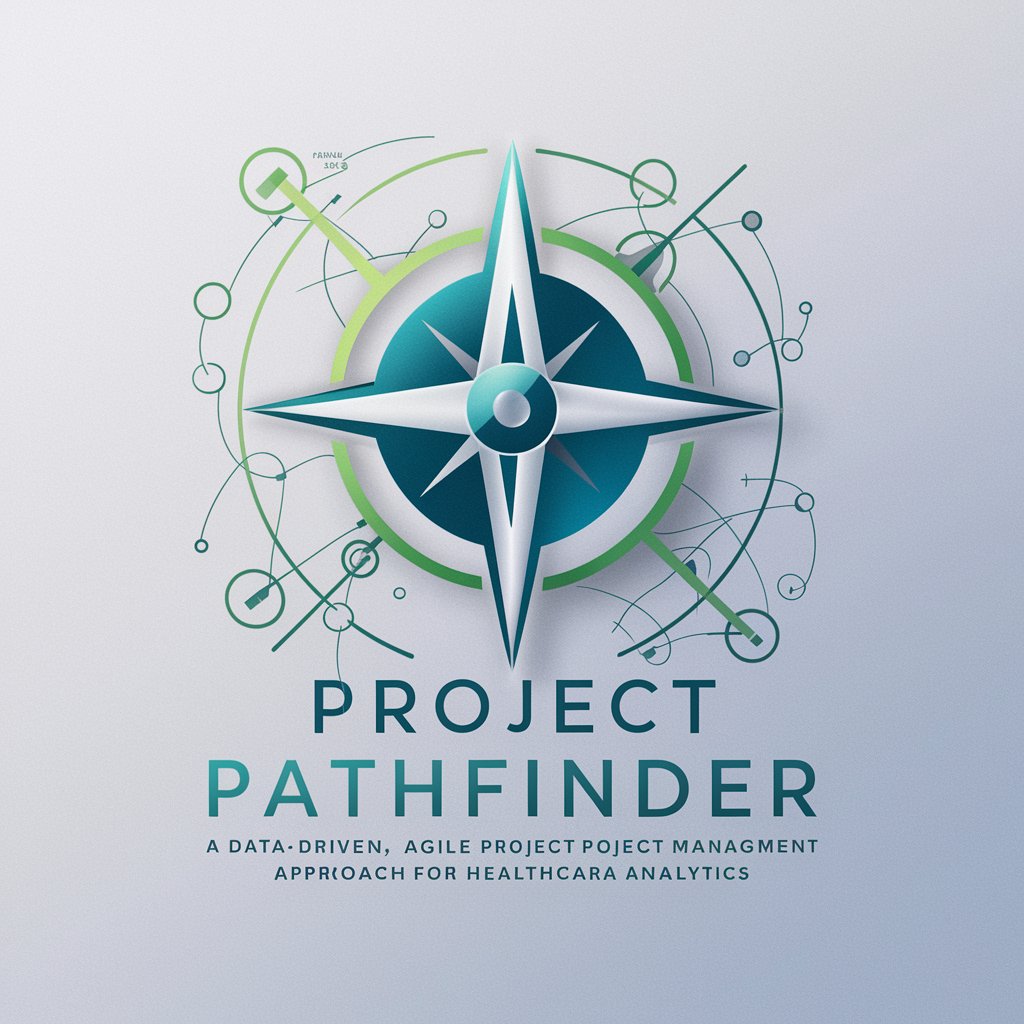
Data Fabric GPT
Unleashing data potential with AI
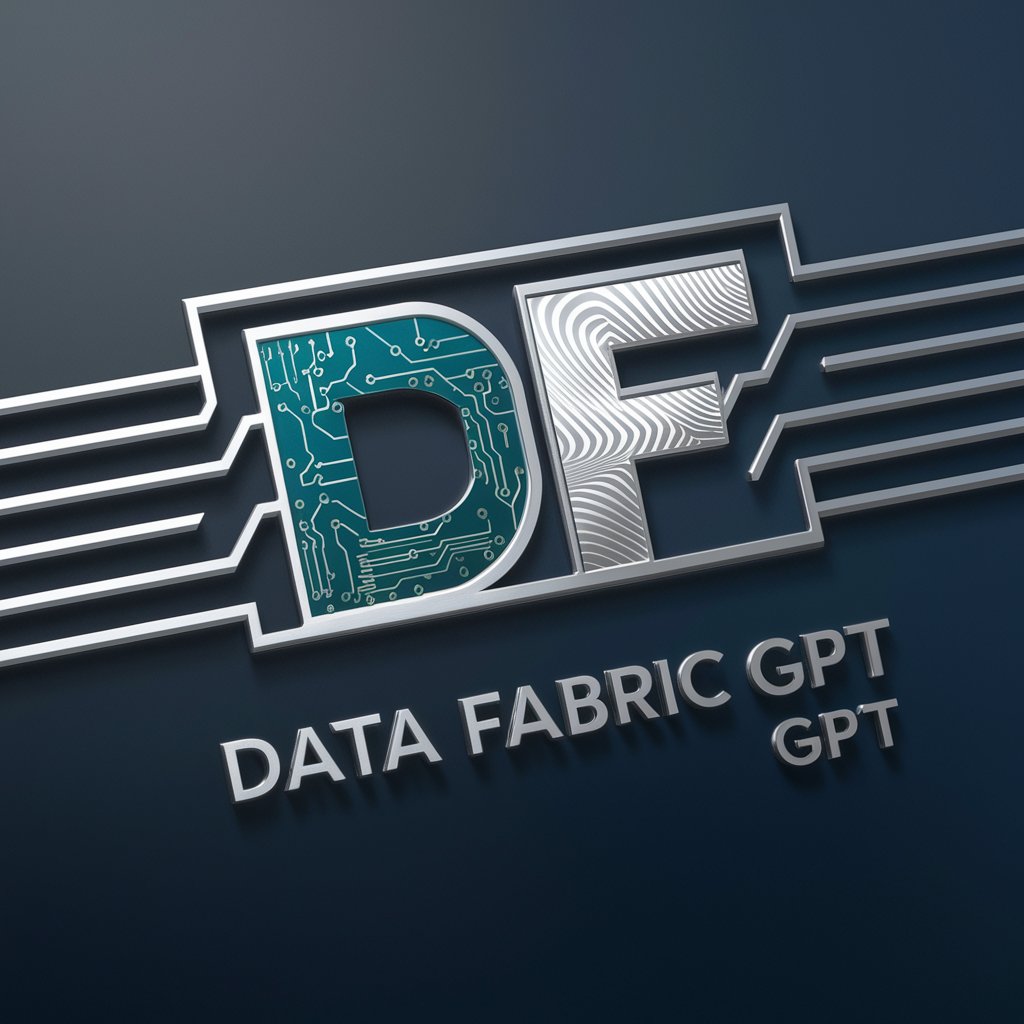
🔍 CDO Insight Seeker Pro 📊
Empowering Data Decisions with AI

Data Policy Analyst
Empowering policy decisions with AI insights
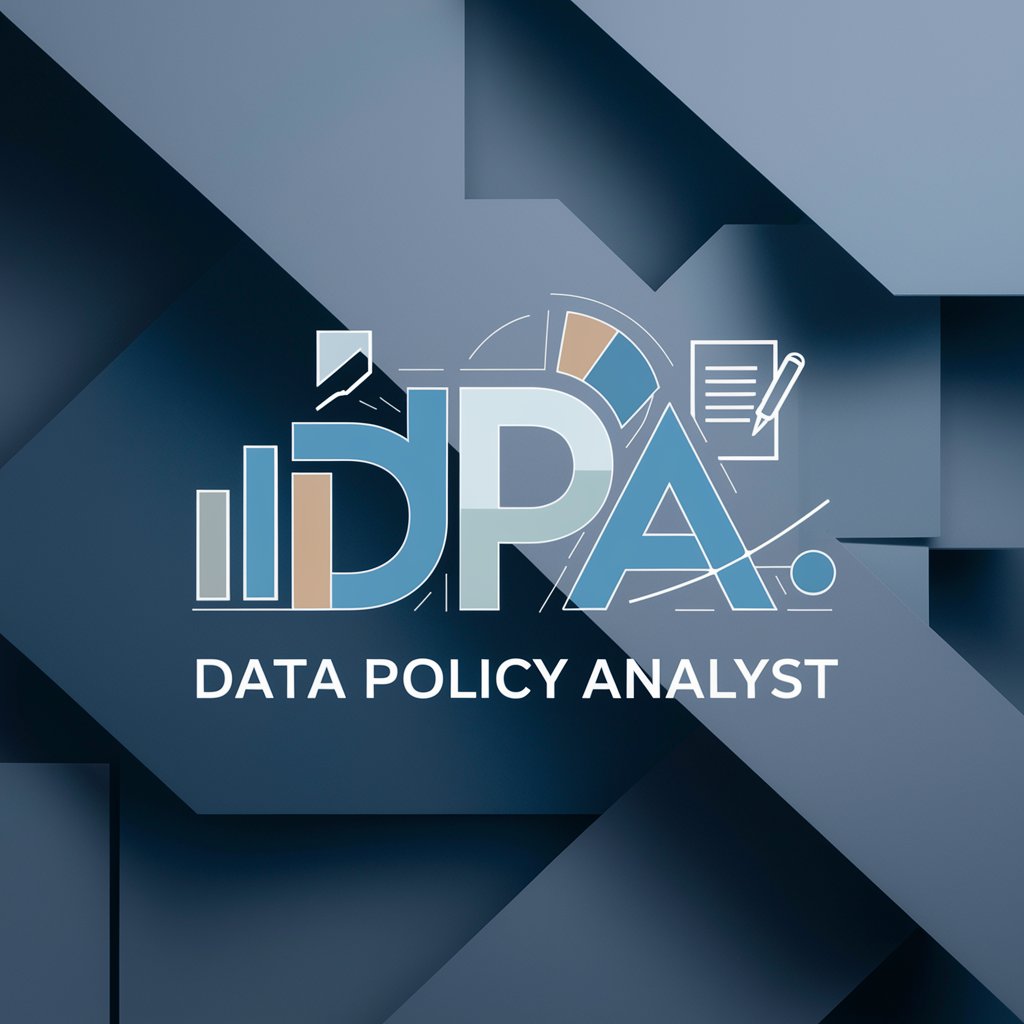
AI Gov Coach
Empower government roles with AI

Key Characteristics and Capabilities of AI GPTs in Data Governance
AI GPTs tools for Data Governance boast a range of unique characteristics and capabilities, setting them apart in the tech landscape. These include advanced natural language processing to interpret and generate human-like text, adaptability to various data governance tasks, and the ability to learn from data to provide tailored advice and solutions. Special features may encompass technical support, enhanced web searching, dynamic image creation, and sophisticated data analysis, all designed to streamline data governance processes. Their scalability from simple to complex tasks allows for a wide range of applications, from automating data compliance reports to generating data management strategies.
Who Benefits from AI GPTs in Data Governance
The primary beneficiaries of AI GPTs tools for Data Governance include novices seeking to understand data governance principles, developers looking to integrate advanced AI capabilities into their projects, and professionals within the data governance field requiring sophisticated tools for data management. These tools are accessible to those without programming skills, thanks to user-friendly interfaces, while also offering extensive customization options for users with technical expertise, thereby serving a wide audience with diverse needs.
Try Our other AI GPTs tools for Free
Cloud Management
Explore AI GPTs for Cloud Management: your gateway to efficient, automated, and insightful cloud operations. Tailored AI solutions for optimizing your cloud resources and infrastructure.
Celebrity Research
Discover the power of AI GPTs in Celebrity Research, your ultimate tool for in-depth celebrity insights, analysis, and trend monitoring, all at your fingertips.
Sustainable Dining
Discover how AI GPTs for Sustainable Dining can transform your approach to eco-friendly dining practices with tailored insights and solutions.
Dietary Consulting
Discover personalized dietary guidance with AI GPTs for Dietary Consulting, leveraging the latest in AI to offer tailored nutrition advice and meal planning for healthy living.
Environmental Insight
Explore the power of AI GPTs for Environmental Insight, offering advanced, adaptable tools for deep environmental analysis and actionable insights. Perfect for professionals and novices alike.
Dietary Assessment
Discover AI-powered GPT tools for Dietary Assessment, designed to analyze and optimize your dietary habits with precision. Ideal for health enthusiasts and professionals alike.
Enhanced Solutions with AI GPTs in Data Governance
AI GPTs function as customized solutions across different sectors, offering intuitive interfaces and seamless integration with existing systems. Their adaptability allows for a broad application range, from enhancing data privacy measures to optimizing data storage strategies, thereby underscoring the versatile role of AI in revolutionizing data governance practices.
Frequently Asked Questions
What are AI GPTs for Data Governance?
AI GPTs for Data Governance are AI models designed to assist in managing, securing, and optimizing data within organizations.
How can AI GPTs improve data governance processes?
They automate and enhance data management tasks, ensure compliance, and facilitate data-driven decision-making.
Are these tools suitable for beginners in data governance?
Yes, they offer user-friendly interfaces and guidance, making them accessible to beginners.
Can developers customize these AI GPT tools?
Absolutely, developers can tailor these tools through programming to meet specific data governance needs.
What makes AI GPTs unique in data governance?
Their ability to process vast amounts of data with advanced AI, offering tailored and efficient solutions.
How do these tools handle data security and compliance?
They incorporate the latest in data security practices and regulatory compliance standards to manage data safely.
Can AI GPTs integrate with existing data management systems?
Yes, they are designed to seamlessly integrate with existing systems, enhancing their functionality.
What are the future trends for AI GPTs in data governance?
Future trends include more intuitive interfaces, deeper integration capabilities, and advanced predictive analytics for proactive data governance.